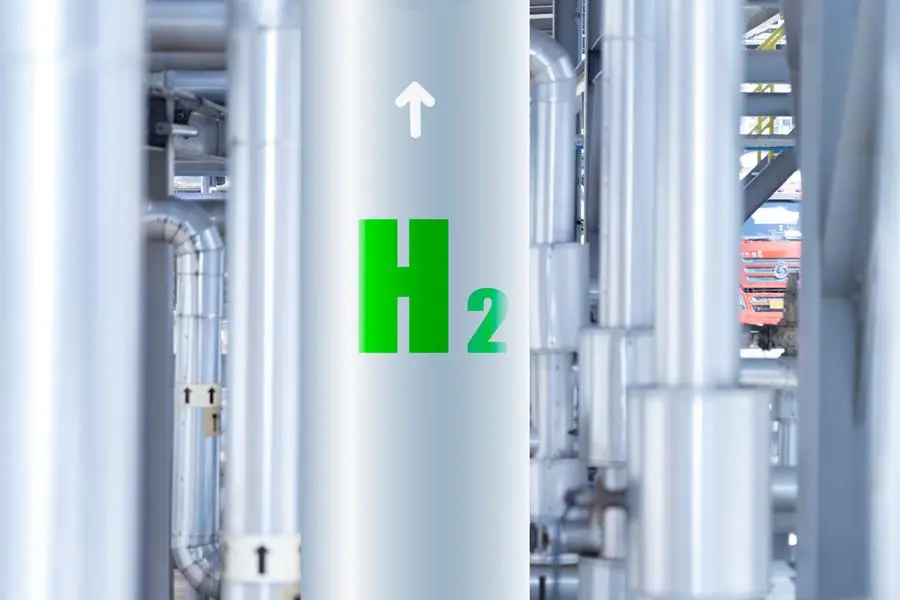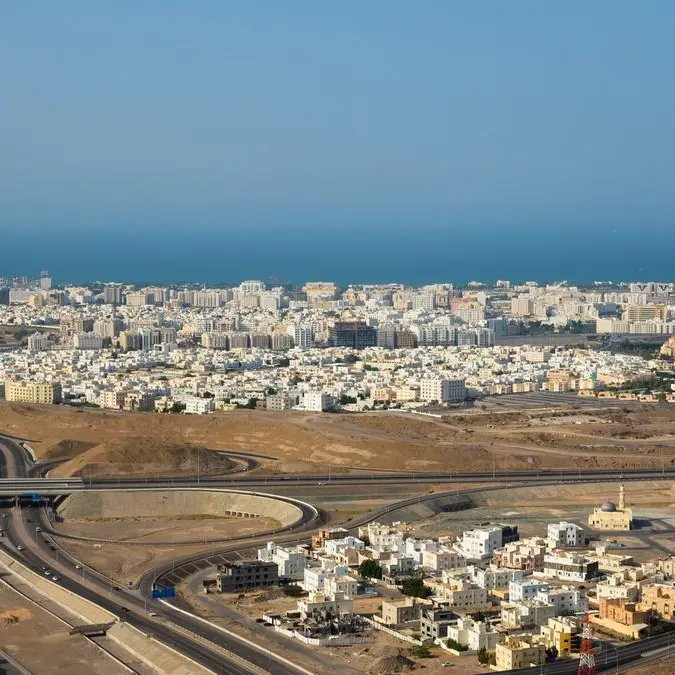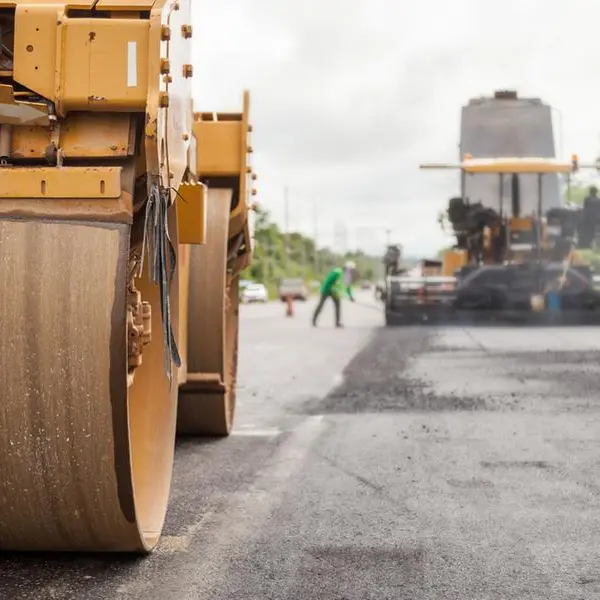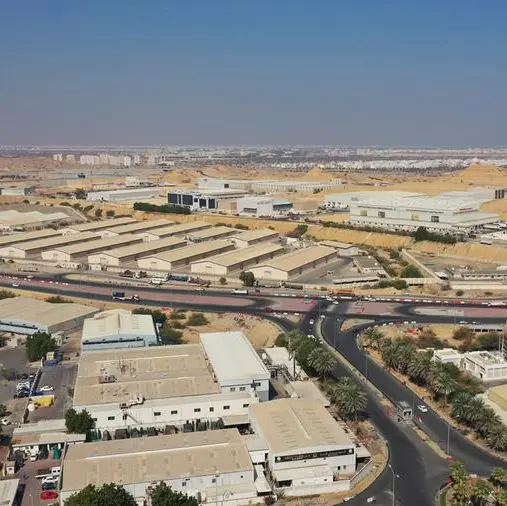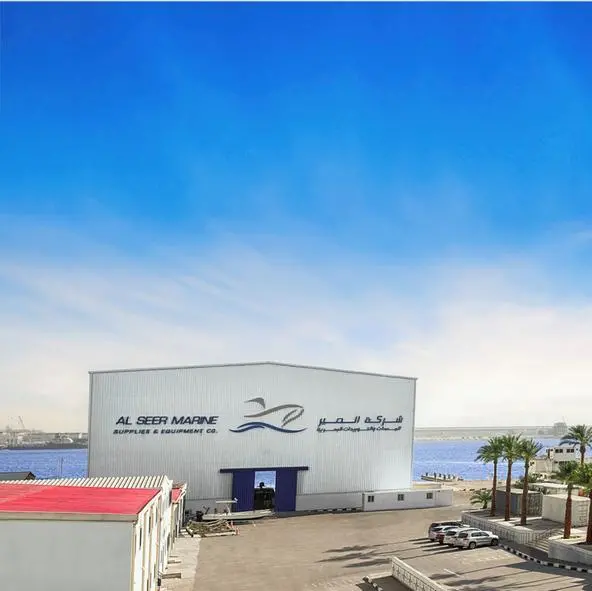PHOTO
DSE Green Technologies, a consortium of 22 European technology companies, will be breaking ground on a 20-gigawatt (GW) electrolyser plant, the world’s largest till date, in Namibia in four weeks, a senior executive has said.
“It’s going to be revolutionary from a scale, cost, and technology point of view”, Thomas Wu, DSE’s Co-Founder, Member of the Executive Board and Chief Strategy Officer said speaking at a panel during the recently concluded EU-Namibia Business Forum 2023.
DSE is also going to develop a Concentrated Solar Power-Photovoltaic hybrid solar power plant. Wu said the PV panel would have an efficiency of about 26-27 percent compared to the average solar panel efficiency of 22 percent.
“It gives more energy per panel and makes it cheaper and attractive. About six weeks ago, the German-government DLR institute confirmed that we have the benchmark power plant now worldwide in terms of capacity factor and cost per kilowatt hour (kWh). Our hybrid power plant reaches a capacity factor of 92 percent. So far, the best capacity factor you can reach in the energy world is 92.5 percent with a nuclear power plant. This is revolutionary because we can run plants 24/7 with the cost of 2.6 cents per kwh and will make green hydrogen competitive at way below $2.00 per kg.”
Hydrogen trucks
DSE is developing the first value for money truck based on hydrogen together with Bosch, AVL and other partners, the executive said.
“We can provide a 40-tonne heavy duty truck for less than $100,000 utilising a hydrogen combustion engine that will be assembled in Namibia.”
The consortium is establishing a hydrogen engine development centre in Namibia to develop 16-litre, 8-litre and 4-litre engines to equip heavy duty, medium sized and pickup trucks engines.
“In Africa, fuel cells have a huge disadvantage due to the high temperatures in the summer and the poor quality of fuel is a problem with diesel trucks. So, we need to have a network of hydrogen gas stations. Today, modified gas or diesel engines don't run on the best efficiency. We want to develop a true hydrogen engine and make Namibia the centre of hydrogen technology and development”.
Wu said the company plans to go further downstream to develop components so that the integrated approach and economies of scale will allow the company to achieve an OpEx below that of a diesel truck for 100 kilometres.
“We are working with partners on a new tank system that can store enough hydrogen so that the truck has a range of at least 1,000-km. According to our projections, you can run probably 20 percent longer on hydrogen for the same amount of money than on diesel.”
Rail and Air mobility
Wu said the company is in discussions with TRANSNAM to develop hydrogen locomotives in the engine centre in Namibia and retrofit diesel engine locomotives in the future to run on hydrogen.
He continued: “We just bought a company in Germany, which is specialised in aeroplane combustion engines. We will bring that engine back to Namibia, modify it, make it ready for hydrogen and we can utilise our new tank system to bring feasible and economic solutions to aid aviation decarbonisation.”
Wu claimed the company is developing a new container system to move hydrogen, which will be the most economical way to transport hydrogen from Namibia to Europe.
“Based on our tank technology, in the future we will be able to transport 2.5 tonnes of hydrogen per container and it will cost about 50 cents to use 1kg of hydrogen, 2,500 km.”
He said, in comparison, a system that runs on compressed hydrogen at 700bar will cost beyond one euro and with ammonia or methanol will cost beyond €2.
The executive said components and equipment made in Namibia would be assembled in China to beef up the capacity to produce sustainable technologies in China. DSE will work with a taskforce from Tangshan city, which produces more than double the amount of steel produced by the U.S to decarbonise the city.
Socio-economic initiatives
DSE’s socio economic involvement include building universities and schools, providing microfinancing or supplier equity financing for potential suppliers and contributing 15 percent of the future dividends earned towards a development foundation to support education, environmental projects in Namibia.
Wu said the company is building a university each in Namibia, Egypt, India and China, with the Namibian university expected to break ground before the electrolyser factory .
“We are planning to educate at least 2,000 students per year in universities and 5,000 students per year in schools to have enough skills for our ramp up phase in three years. We believe in a global rotation system so that we can share experience, cultures and build up a DSE culture eventually,” he said.
(Writing by Sowmya Sundar; Editing by Anoop Menon)
(anoop.menon@lseg.com)
Subscribe to our Projects' PULSE newsletter that brings you trustworthy news, updates and insights on project activities, developments, and partnerships across sectors in the Middle East and Africa.
